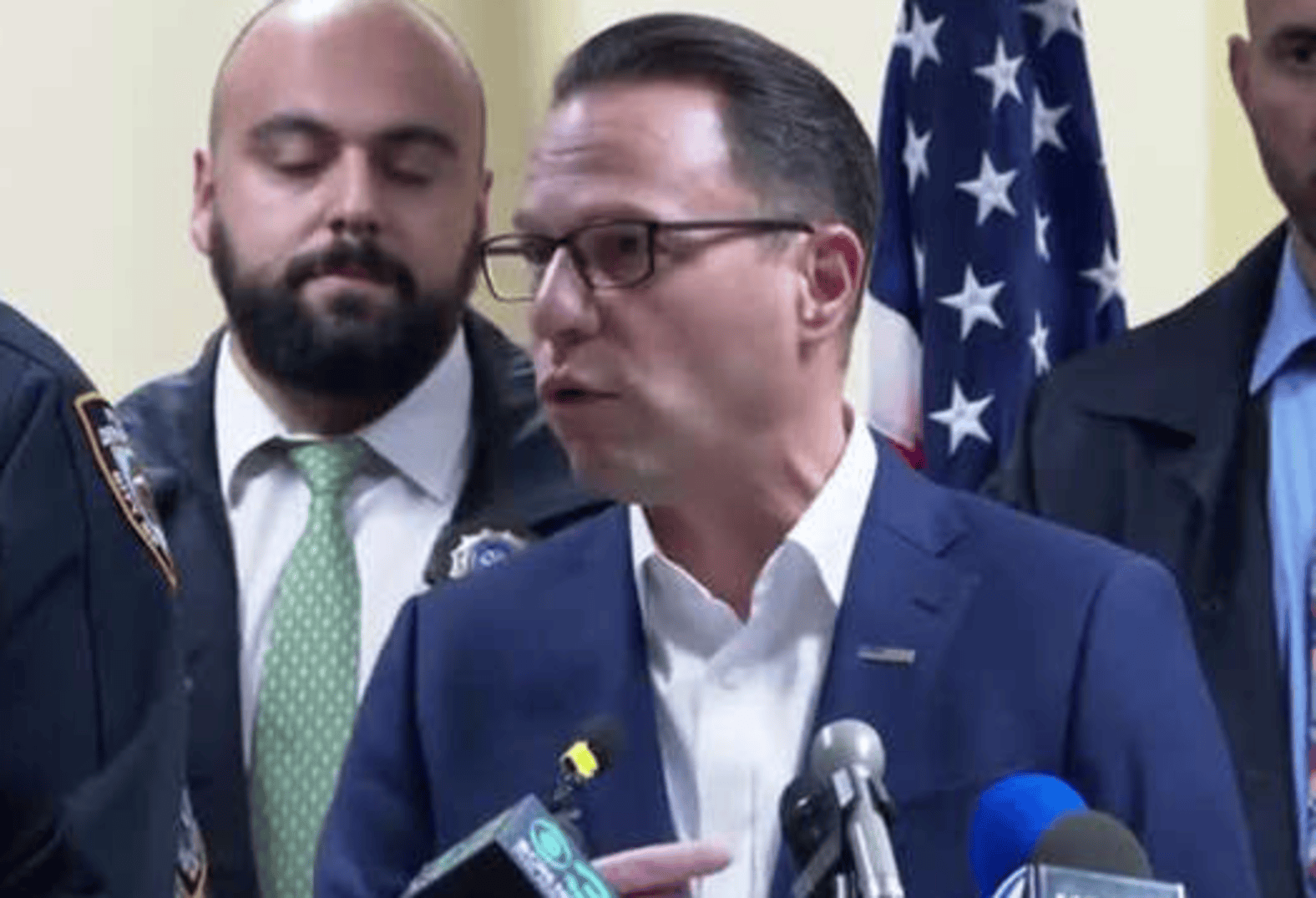
Harris Fracking Stance: 3 Major Effects.Kamala Harris and the Fracking Debate: A Closer Look
This article explores the development of her views on the controversial issue of hydraulic fracturing, often referred to as fracking. It examines the contradictions between her past statements and her current position, as well as the broader implications for climate policy. Harris Fracking Stance: 3 Major Effects
Harris’s 2020 Statements on Fracking
During her run for president in 2019, Kamala Harris was vocal about her stance on fracking. In a CNN town hall, she declared her support for a ban on the practice.
Harris’s strong position on banning fracking was part of her broader climate agenda. She highlighted her history of working on environmental issues in California. This position aligned with the growing environmental movement calling for a transition away from fossil fuels.

The Shift in Position
When Harris joined President Joe Biden’s ticket in 2019, her position on fracking began to shift. During the 2020 vice presidential debate, she did not explicitly state her personal stance on banning fracking. Instead, she reiterated Biden’s position, saying, “Joe Biden will not end fracking.
This statement diverged from her earlier declarations. It sparked confusion and debate among environmentalists and climate activists who had supported her initial stance. The lack of clarity during the debate did not resolve questions about her position.
The Debate Transcript
Harris used the term twice but did not clearly articulate her stance. Instead, she focused on Biden’s position, not banning fracking.
The debate was a critical moment in shaping public perception of Harris’s views on fracking. The focus on Biden’s stance rather than her own created ambiguity. This ambiguity led to ongoing discussions about her true position on the issue.
Harris’s Recent Comments
In her first interview since becoming Vice President, Harris addressed her stance on fracking. She reiterated her position, stating, “No, and I made that clear on the debate stage in 2020 that I would not ban fracking.” Harris emphasized that her position had not changed since the 2020 election.
She argued that her values on climate issues remain consistent. Harris pointed to accomplishments such as the Inflation Reduction Act, which includes significant investments in clean energy. This legislation represents a commitment to addressing climate change through renewable energy initiatives.
Impact of the Fracking Stance
Harris’s position on fracking has implications for her political career and the broader climate policy landscape. This position reflects the complexities of balancing environmental goals with economic and energy considerations.
The decision not to ban fracking may appeal to a broader base of voters who are concerned about energy prices and job impacts. However, it also risks alienating environmental activists who advocate for a complete transition away from fossil fuels.
The Broader Context
Environmental groups have long criticized fracking for its potential harm to ecosystems and public health. The push for a fracking ban reflects a desire to shift towards cleaner energy sources and reduce reliance on fossil fuels.
Harris’s Legislative Record
Kamala Harris’s legislative record includes efforts to address climate change and environmental issues. As a senator from California, she worked on various bills aimed at promoting clean energy and reducing greenhouse gas emissions. Her record demonstrates a commitment to environmental issues, even if her position on fracking has evolved.
The Inflation Reduction Act, which Harris highlights, is a significant piece of legislation in her climate agenda. It represents a substantial investment in clean energy and aims to create jobs in the renewable energy sector. This legislation is a cornerstone of the administration’s climate policy.
Public Reaction and Criticism
Harris’s position on fracking has elicited mixed reactions. Environmentalists and climate advocates have criticized her for not fully aligning with their goals. They argue that continued fracking undermines efforts to combat climate change and transition to renewable energy.
On the other hand, some view her stance as a pragmatic approach to energy policy. They argue that a gradual transition away from fossil fuels is more feasible than an immediate ban. This perspective considers the economic implications of halting fracking and the need for a balanced energy strategy.
Future Implications
The future implications of Harris’s stance on fracking are significant. As the climate crisis intensifies, the pressure on political leaders to adopt strong environmental policies will grow. Harris’s position may influence future debates and policy decisions on energy and climate change.
Her approach to fracking will be closely watched as she continues to navigate her role as Vice President.
Conclusion
Kamala Harris’s position on fracking illustrates the complexities of energy policy and climate change. Her evolving stance reflects the challenges of balancing environmental goals with practical considerations. As the debate over fracking continues, Harris’s approach will play a crucial role in shaping the future of climate policy and energy strategy.
Her recent comments reaffirm her commitment to addressing climate change through legislative measures. However, the debate over fracking highlights ongoing tensions between environmental goals and energy needs. The impact of her position will be felt across the political and environmental landscape as the U.S. grapples with the challenges of transitioning to a cleaner energy future.







